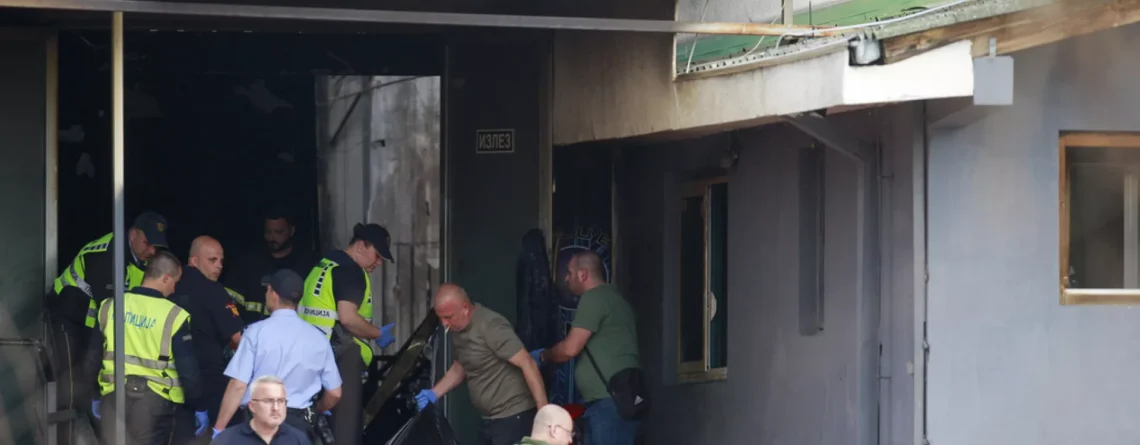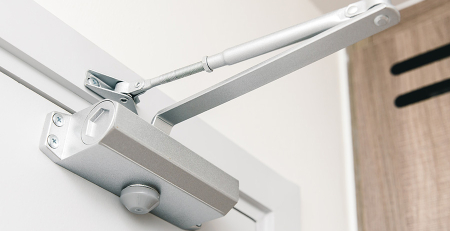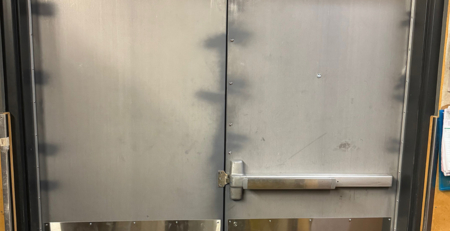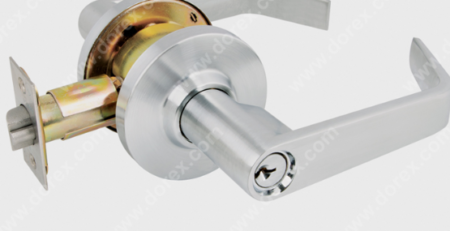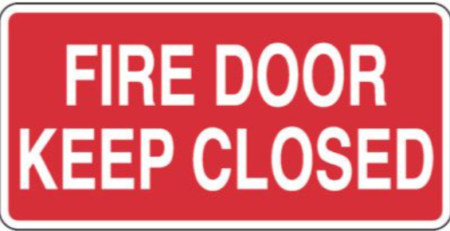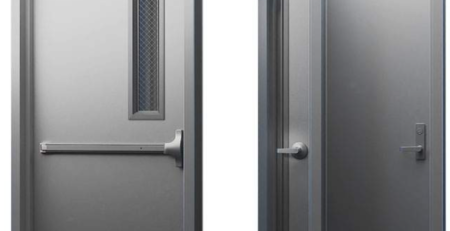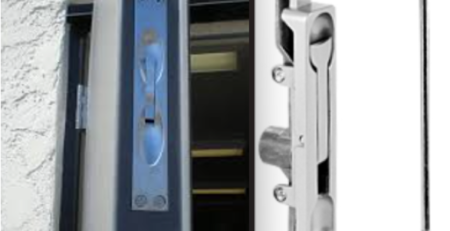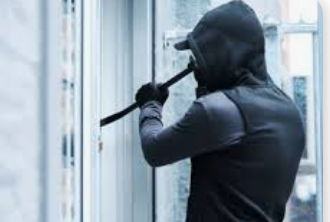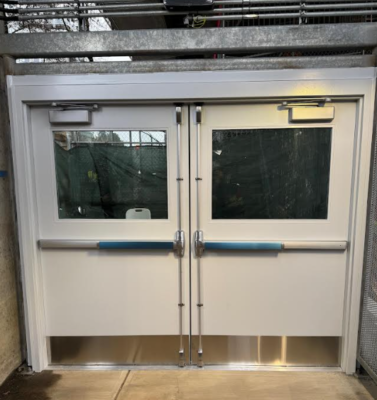 Introduction to Panic Hardware
Introduction to Panic Hardware
The importance of Panic hardware on Commercial buildings, commonly known as crash bars, was developed in response to tragic events where locked or obstructed exits led to significant loss of life during emergencies. These devices allow rapid and unobstructed egress from buildings, particularly during emergencies such as fires, by enabling doors to open easily from the inside without the need for keys or complex mechanisms.
Historical Context and Development of Panic Hardware
One of the earliest incidents highlighting the need for such safety measures was the Victoria Hall disaster in Sunderland, England, in 1883. During this tragedy, 183 children died due to a bolted door at the bottom of a stairwell. This disaster prompted the British government to enforce building safety standards, mandating outward-opening doors equipped with locks operable from the inside. Motivated by this catastrophe, Robert Alexander Briggs invented the panic bolt, obtaining a UK patent on August 13, 1892.
Slow Global Adoption
Despite these advancements in the United Kingdom, other countries were slower to implement similar safety standards. In the United States, this delay contributed to the catastrophic consequences of the Iroquois Theatre fire in Chicago, December 1903, which resulted in over 600 fatalities. One significant factor in the disaster was the complicated door latch designs, which fleeing patrons found difficult to operate. Such incidents dramatically underscored the importance of panic hardware, leading to widespread recognition of its essential role in emergency evacuation procedures.
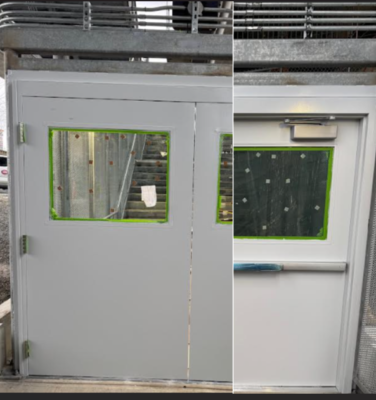
The Importance of Panic Hardware in Commercial Buildings
Panic hardware is crucial in preventing tragedies during emergencies by facilitating quick and efficient evacuation. These devices are typically installed on exit doors in public buildings, allowing occupants to open doors by simply pushing a bar, thus minimizing the risk of crowd crushes and bottlenecks during evacuations. By ensuring that exit doors can be easily and immediately opened from the inside, panic hardware helps prevent the tragic consequences of blocked or locked exits during emergencies.
The Kočani Nightclub Fire: A Recent Tragedy
A recent incident that underscores the importance of proper safety measures, including functional emergency exits, is the tragic fire at the Pulse nightclub in , North Macedonia, on March 16, 2025. During a concert attended by approximately 500 people, pyrotechnics ignited flammable materials in the club, rapidly engulfing the venue in flames and toxic smoke. The ensuing panic led to a stampede towards the exits, resulting in 59 deaths and 196 injuries.
Investigations revealed significant safety violations at the nightclub:
-
ack of Emergency Exits
The club had only one accessible exit because management locked the back door. This significantly hindered evacuation efforts during the fire.
Insufficient Fire Safety Equipment
The venue did not have adequate fire safety equipment. It lacked enough fire extinguishers and a functioning fire alarm system.
Use of Flammable Materials
Unauthorized modifications, such as illegal soundproofing materials, likely contributed to the rapid spread of the fire.
Importance of Accessible Emergency Exits
This tragedy underscores the devastating consequences of inadequate safety measures. It highlights the necessity of accessible emergency exits equipped with functional panic hardware.
Conclusion
Panic hardware was developed to prevent loss of life during emergencies. Historical and recent tragedies remind us of the importance of adhering strictly to safety standards. Public venues must have accessible emergency exits and functioning panic hardware to ensure swift evacuations and protect lives.
Dutch Door Hardware can assist you in saving lives by providing proper emergency exit solutions for public doors.
We at Dutch Door Hardware are heartbroken by news of another devastating fire and the tragic loss of many innocent lives. Our heartfelt condolences and thoughts are with everyone impacted by this tragedy.
